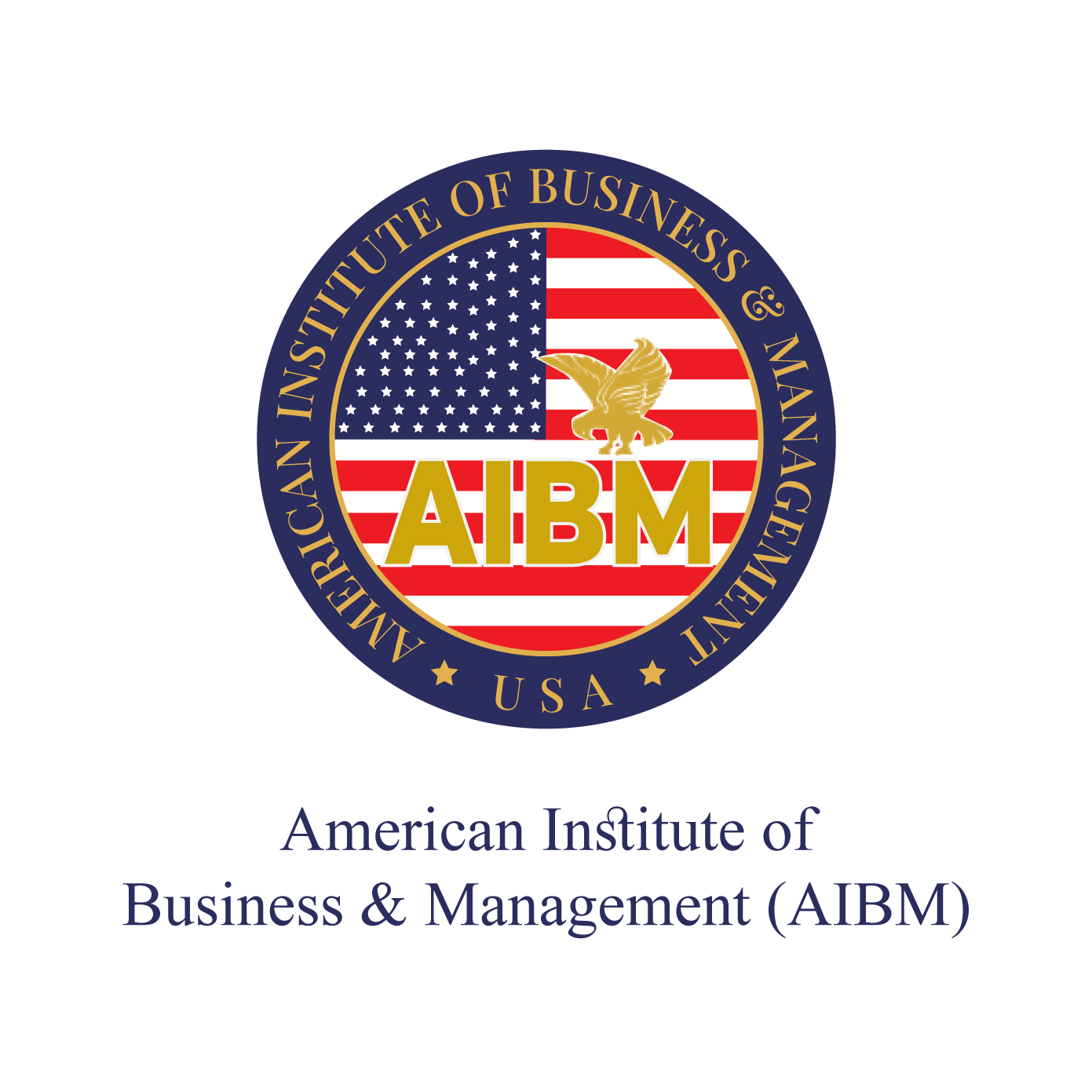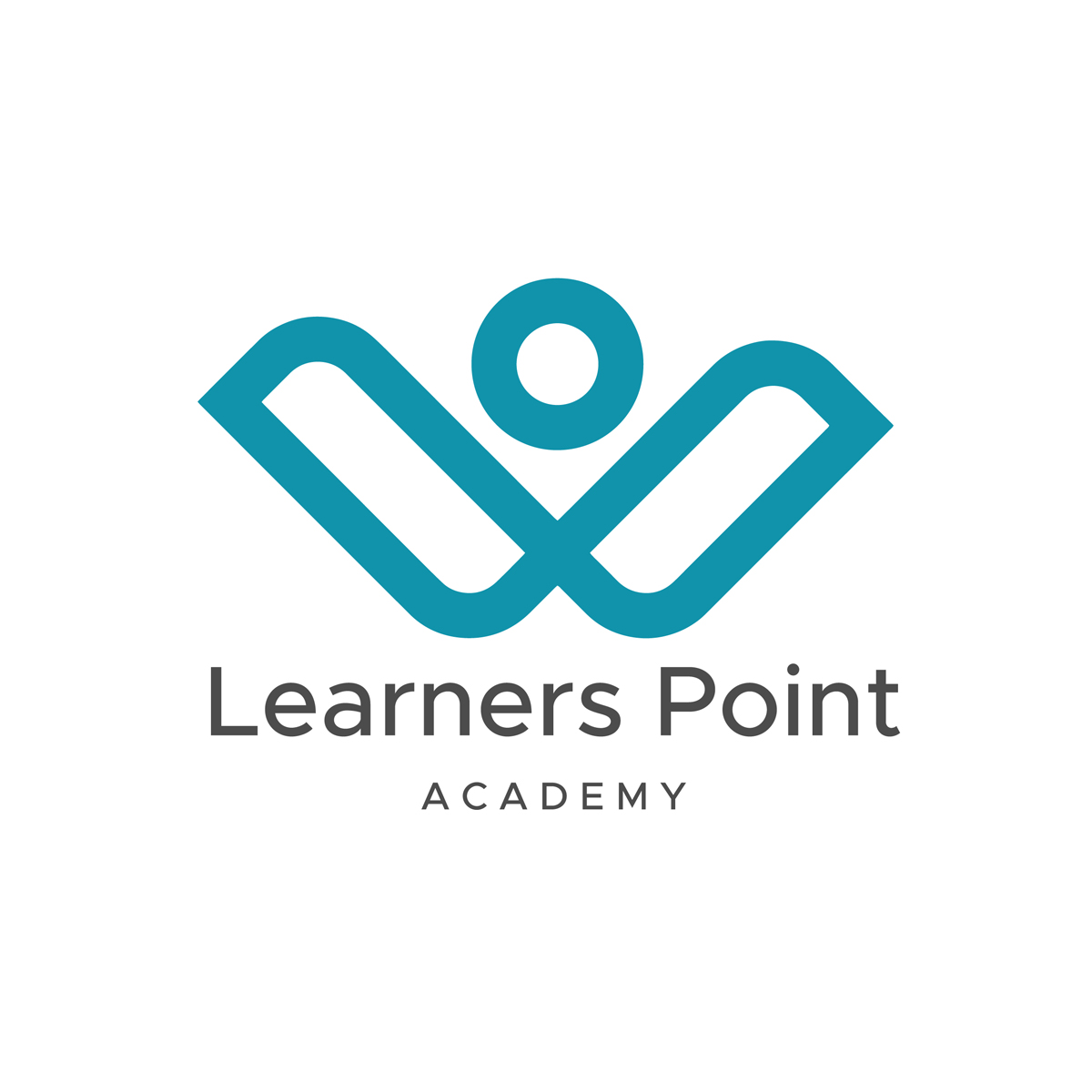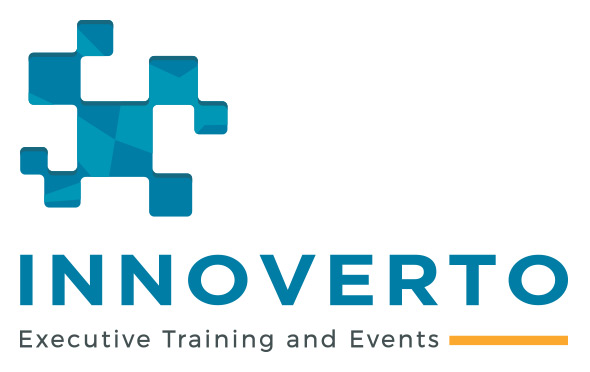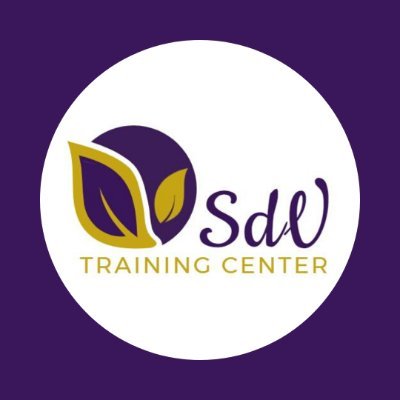This certification course helps the individuals to understand the depth and breadth of Supply Chain Management on a global scale.

Companies hire purchasing managers, buyers, and purchasing agents to find the best merchandise at the lowest possible purchase cost. Purchasers typically buy goods and services for their company or organization to use, while buyers ordinarily buy items in order to resale them for profit. Purchasers and buyers find the best goods or services, choose suppliers, negotiate prices, and grant contracts that ensure that the right amount of the product or service is received when it is needed.
Purchasing managers, buyers, and purchasing agents take several steps to reach these goals: they research sales records and inventory levels of current stock, find foreign and domestic suppliers, and stay current on any changes in either the supply of or demand for needed products and materials.
Finding good suppliers is crucial to the work of purchasing managers, buyers, and purchasing agents, who evaluate suppliers on multiple criteria (price, quality, service support, availability, reliability, selection, etc.). Purchasing managers, buyers, and purchasing agents study catalogs, industry and company publications, directories, and trade journals, often on the Internet. Reputation and history of a supplier is important, and future purchase actions may be advertised in order to solicit bids.
In government agencies and manufacturing firms, purchasing specialists typically are dubbed contract specialists; buyers or industrial buyers; or purchasing directors, managers, or agents. These specialists acquire various elements necessary for production: materials, parts, machines, supplies, services, etc. They can obtain anything from raw materials, machinery, and construction services to fabricated parts, office supplies and airline tickets. If the right materials, equipment, or supplies are out of stock when needed, work and production can be slowed or even halted.
Effective purchasing specialists need to be deeply familiar with the technical aspects of the goods or services they purchase. Some purchasing managers, known as contract or supply managers, concentrate on negotiating and supervising supply contracts.
In large industrial companies, buyers and purchasing agents are often seen as having a different role from purchasing managers. Buyers and purchasing agents tend to concentrate on standard purchasing tasks; they frequently have a particular area of specialization, such as in a commodity like steel, lumber, cotton, grains, fabricated metals, or petroleum products. Purchasing agents follow market conditions, price trends, or futures markets in order to conduct the more complicated or crucial acquisitions. They also may oversee a team of purchasing agents who deal in other commodities and services. In choosing between the titles of purchasing manager, buyer, or purchasing agent, specific job duties matter less than the particular industry and employer.
The traditional roles of purchasing or supply management specialists in many industries have changed because of evolving business practices. Throughout product development, for instance, manufacturing companies increasingly rely on these specialists to forecast the cost, availability, and suitability of parts and materials. Moreover, conferring with the purchasing department during the early stages of product design can help prevent problems with the supply of materials.
Certification Modules:
Module 1: Introduction to Purchasing and Supply Management
Module 2: Materials Management
Module 3: Fundamentals of Purchasing and Supply Management
Module 4: Price/Cost Analysis and Negotiation Strategies
Module 5: Special Purchasing Application
AIBM is leading examination and certification bodies founded by leading academicians, professionals and businessmen in United States of America. AIBM offer a range of progressive, flexible and affordable business, management and skill based professional certifications.
The certifications cover the theoretical issues of business and management and offer many practical skills useful to potential employers. We provide professional support and guidance throughout student’s relationship with us as an Awarding Body, and throughout student’s management career thereafter
(Institute Review)
55 years ago(Institute Review)
55 years ago
This training will help you to understand how to meet customer demand in an efficient and effective manner.

This course will help in exploring the process of buying as a part of the supply chain. It examines procurement management along with the integration of all business processes across the supply chain looking at the organizational, tactical a

This training will teach you about developing strategic direction and advice in change management, stakeholder management, and team leadership. This is the final level of CIPS qualification.

Upon completing this five-day training successfully, you will receive a 'certificate' which has been fully certified by the International Federation of Purchasing and Supply Management (IFPSM) PAS Standard.

Participants will receive KHDA-approved certificates at the end of the course. Topics include developing negotiation plans effectively, cover the many steps in negotiation preparation, explore various negotiation tactics and their counterme
© 2025 www.coursetakers.ae All Rights Reserved. Terms and Conditions of use | Privacy Policy